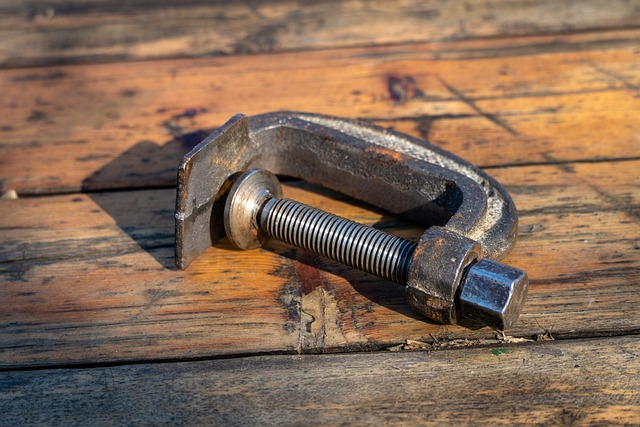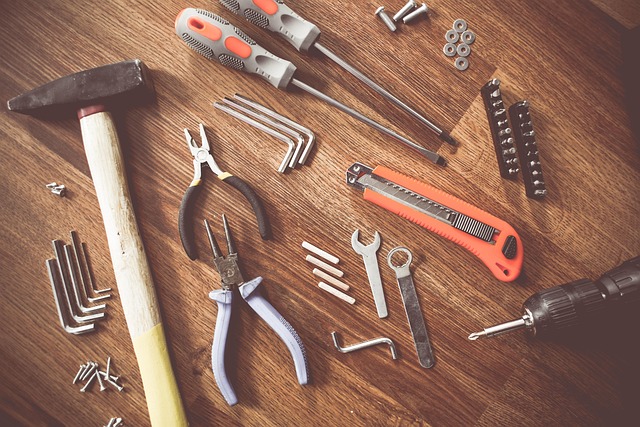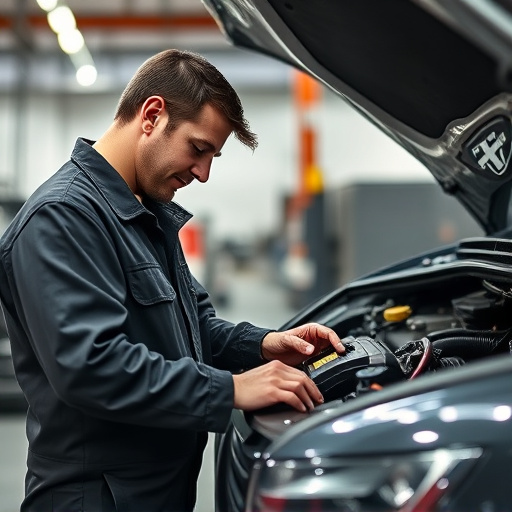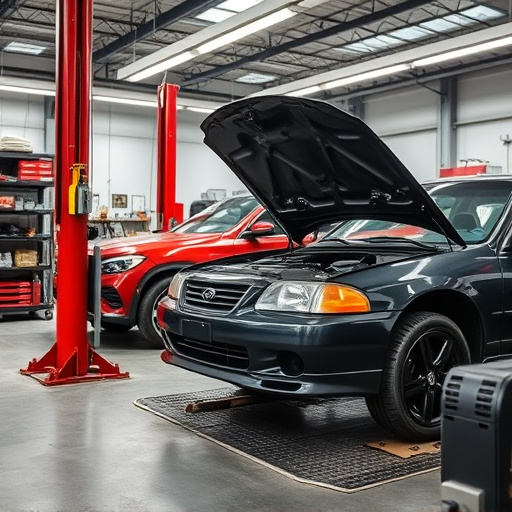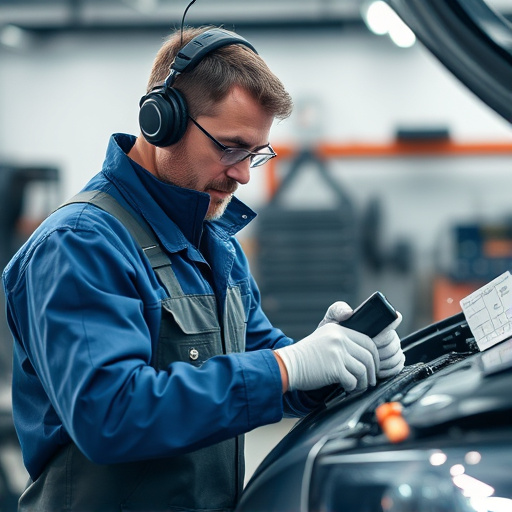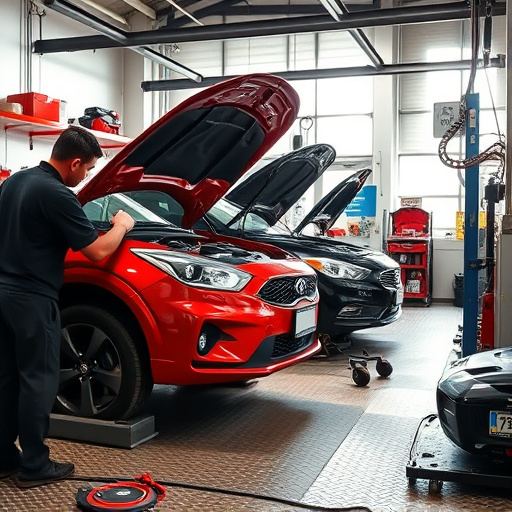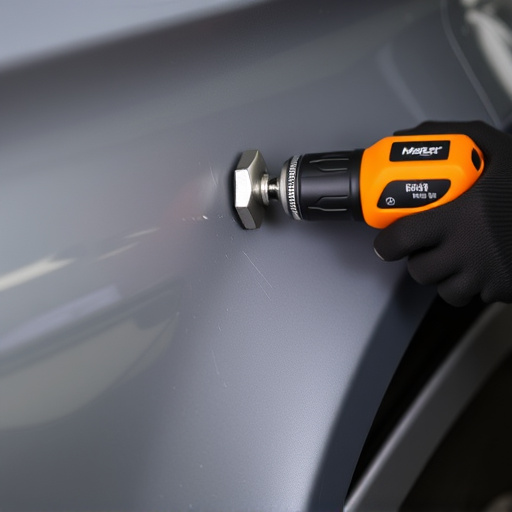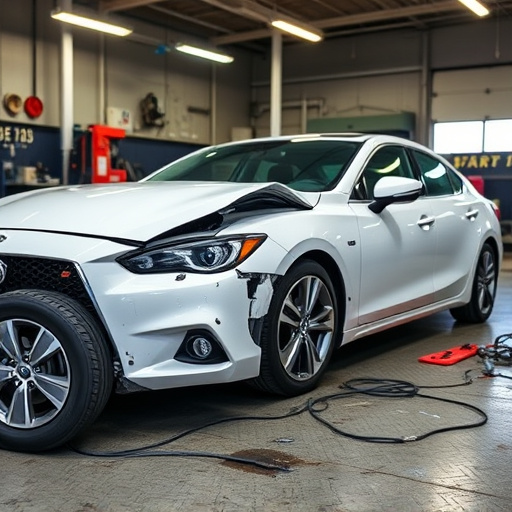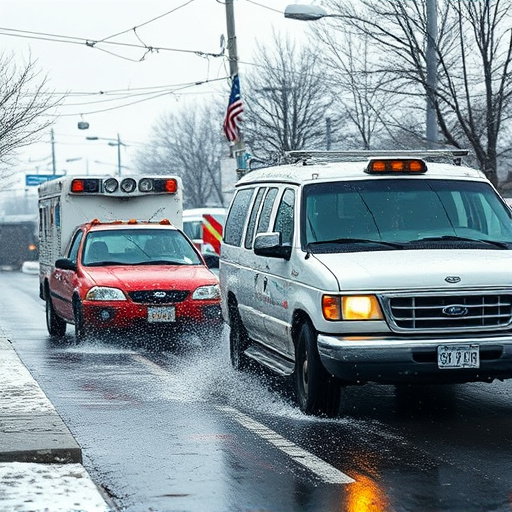Rural auto body shops face unique challenges due to their remote locations, including slower emergency response times and difficulties in acquiring parts quickly. As vital community hubs, they must adapt to diverse vehicle damage, navigate rural roads, and maintain strategic supplier networks for success. Robust emergency preparedness, including staff training, drills, clear communication, and up-to-date contact lists, is essential to enhance safety and facilitate crisis collaboration.
In many remote areas, rural auto body shops play a vital role in providing essential repair services. However, they face unique challenges distinct from their urban counterparts. This article explores the critical importance of emergency services in these workshops, delving into the specific needs and strategies for effective preparedness. Understanding these aspects is crucial for ensuring swift responses during crises, ultimately enhancing safety and service quality in rural auto body shops.
- Understanding Rural Auto Body Shops' Unique Challenges
- The Role of Emergency Services in These Workshops
- Strategies for Effective Emergency Preparedness Measures
Understanding Rural Auto Body Shops' Unique Challenges
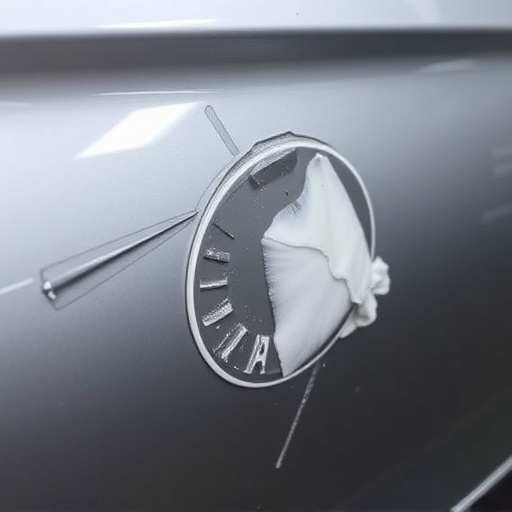
Rural auto body shops face distinct challenges compared to their urban counterparts due to the remote nature of their locations. One of the primary issues is limited access to emergency services, which can significantly impact response times during critical situations. These shops often serve as vital community hubs, catering to the automotive needs of residents in vast, sparsely populated areas. With long distances between establishments and reduced visibility on rural roads, efficient emergency responses are essential for both customer safety and the success of these businesses.
Moreover, rural auto body shops must adapt to address specialized needs. While they offer a range of services, including vehicle dent repair and luxury vehicle repairs, the remoteness of their workshops can make it challenging to acquire specialized equipment and parts promptly. This demands strategic planning and robust supplier networks to ensure they remain equipped to handle diverse vehicle damage, from minor dents to extensive structural repairs.
The Role of Emergency Services in These Workshops
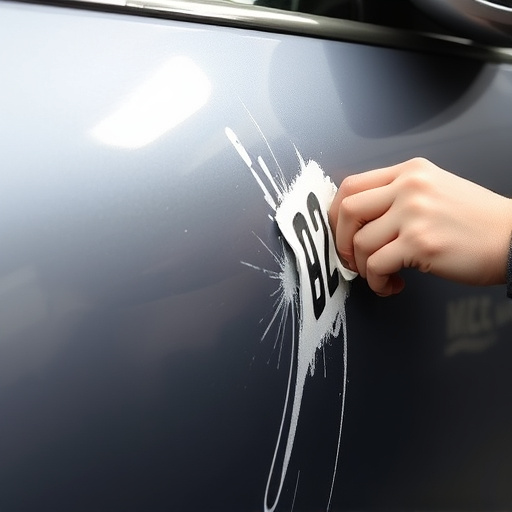
In rural auto body shops, emergency services play a pivotal role, often serving as the first line of defense in unexpected situations. These workshops, while specialized in bumper repair, tire services, and vehicle paint repair, face unique challenges due to their remote locations. With limited access to immediate support, well-equipped emergency services are essential for handling critical incidents effectively. From fire outbreaks to severe accidents, these services ensure the safety and swift response of both employees and customers, minimizing potential risks and damage.
Moreover, they provide a crucial backup during routine operations, offering quick solutions for minor emergencies that could escalate. Well-trained staff, equipped with state-of-the-art tools, enable them to handle various scenarios, from simple medical aid to managing hazardous materials. In the event of an accident or disaster, these services coordinate with local authorities and emergency responders, facilitating efficient rescue and recovery operations at rural auto body shops.
Strategies for Effective Emergency Preparedness Measures
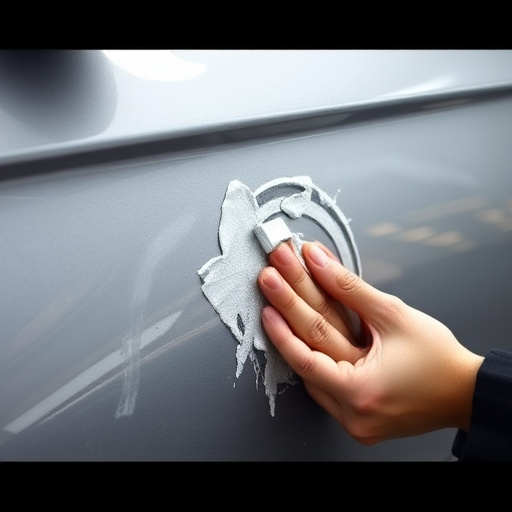
In rural auto body shops, where resources and emergency services might be limited, effective emergency preparedness is paramount. A robust strategy should include comprehensive training for staff on basic first aid and disaster response protocols. Regular drills, such as simulated accidents or natural disasters, can help workers stay calm and coordinated during actual emergencies. Moreover, establishing clear communication channels with local emergency services ensures swift response times.
Integrating car paint repair and car dent repair procedures into the preparedness plan is crucial. Shops should have readily available tools and supplies for immediate damage assessment and temporary repairs to stabilize vehicles until professional assistance arrives. Additionally, maintaining up-to-date contact lists of nearby car body shops, towing services, and insurance providers facilitates efficient collaboration during crises.
Rural auto body shops face distinct challenges due to their remote locations, which can hinder access to emergency services. However, by implementing effective emergency preparedness strategies, these workshops can ensure swift response times and better equipped resources. Prioritizing training, maintaining well-stocked kits, and establishing clear communication networks are key to mitigating risks and enhancing safety for both employees and customers in the event of emergencies.


